Special school has changed Brooklyn Pattie’s life for the better, but her parents had to fight to get her there.
Councils prefer to educate all children in mainstream, and Moray Council has closed all its special schools.
For 11-year-old Brooklyn and her family, this means a daily four-hour drive from Elgin to her new school in Inverness.
Brooklyn’s mum Lorna reached out to the P&J as part of our autism investigation.
Lorna describes her daughter as “a funny, cheeky little monkey – and a bit of a medical mystery”.
Brooklyn is autistic, and also has complex epilepsy, ADHD, a profound learning disability and a feeding tube. She is mostly non-verbal and communicates using special symbol and picture books.
Such are her needs, Moray Council struggled to provide the support she needed in mainstream education at Lhanbryde Primary School, Elgin. With no special schools in the area, Lorna asked Highland Council to enrol Brooklyn at Drummond Primary School, a special school in Inverness.
Since then, she has “never been so happy”. But it raises the question: are councils too stuck on mainstream? Do we need more special schools?
Lorna expresses it well: “Inclusion is not about forcing everyone into the same box.”
A life-changing accident
Rewind back to 2011, and nine-month-old Brooklyn is enrolled at a nursery in Aberdeenshire. One day, Lorna has a call to say there’s been an accident: Brooklyn has suffered a blow to the head.
“She had a seizure and turned blue,” says Lorna. “The nursery rang me and I came straight from work to get her. That’s when our life changed. I gave up work and started caring for her full-time.”
The nursery said another child had hit Brooklyn with a toy, but the Care Commission upheld the family’s complaint that appropriate emergency procedures were not followed.
This was the date of Brooklyn’s first seizure, though Lorna accepts that her medical conditions may have been underlying prior to the accident.
All the same, it was – as Lorna says – a turning point for the family.
Lorna withdrew her baby from nursery and started caring for her full-time at home.
Their problems intensified when Brooklyn reached nursery and school age.
“As her needs progressed, things got harder,” recalls Lorna. “Brooklyn was meant to have full-time, one-to-one care, but she was coming home heavily soiled, even through her nappy. She had infections, several accidents and seizures.”
Brooklyn’s care remained a challenge throughout her time at East End Nursery in Elgin and latterly at Lhanbryde Primary School.
“Her behaviour changed, she wasn’t coping at all,” says Lorna.
Her diet deteriorated and her food aversions became more pronounced, culminating in two emergency trips to hospital. Brooklyn is now fed via a gastrostomy directly in her tummy.
‘It takes a special person to teach special needs children’
Ultimately, Lorna says she found herself going over the same question in her head: “Is my daughter even safe in your care?”
As she points out, the system is not geared up to cope with children with profound needs.
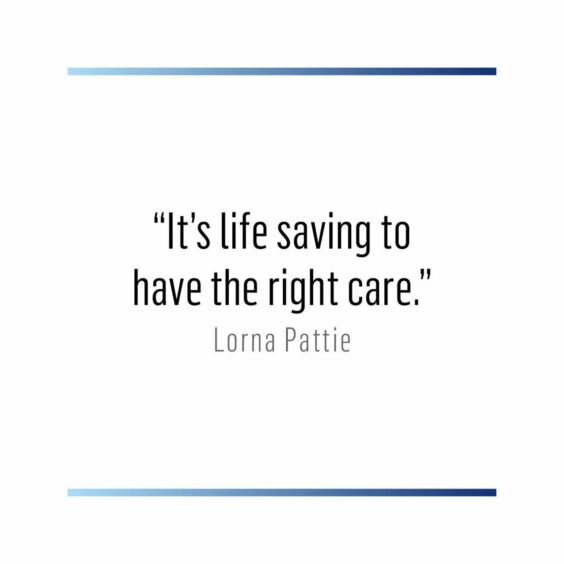
“Mainstream staff go into that job to teach mainstream children, not to help children with such complex needs,” she says. “That requires a different type of training. It takes a special person to teach special needs children.”
She adds: “Moray Council closed all their special schools and they love to preach inclusion. But inclusion is not forcing everyone into the same box.”
Drummond special school seemed like a good solution, but Highland Council initially refused the family’s placing request, saying another admission would take the school over capacity.
Govan Law began tribunal proceedings, and the council agreed Brooklyn’s place shortly before the hearing.
When asked for comment on Lorna’s tribunal experience, Highland Council said: “While we are unable to comment on individual circumstances, I can confirm that Highland Council does consider all placing requests including to specialist provision such as Drummond School.
“As Drummond School is at or close to capacity, priority is given to those pupils who reside within the Highland Council area for whom the Highland Council has responsibility.”
Happy child – but it comes at a cost
Thankfully, Brooklyn has come on leaps and bounds at Drummond. “Every need we ever said she had, the school see too, and they ask how we can approach it together,” says Lorna.
“I’ve never seen her so happy and confident. She used to scream at the thought of school, even make herself sick. Now she’s wanting to go, and talking about her friends.”
Yet the four-hour daily drive to take Brooklyn there and back is taking its toll, financially and emotionally. Highland Council insists that transport to school is the responsibility of the parent who made the placing request to council.
Lorna and her partner Ronald – who has adopted Brooklyn – are trying without success to get rehomed in Inverness.
“It’s had such an impact on our finances and our physical and mental health,” says Lorna. “We are totally stuck but because of the positive impact on Brooklyn we can’t change her school. It’s life-saving to have the right care.”
But what of the family’s wider care needs? I ask Lorna if they have any respite at all. Lorna explains that they are entitled to two nights a month, but they’ve not been able to take this up due to a dispute with Moray Council.
“They wrote to us and informed us that any child receiving overnight care would now be listed as a Looked After Child,” says Lorna.
This change of policy would effectively categorise Brooklyn as part of the care system – a change her parents naturally want to resist.
Are children in respite the same as children in care?
Lorna wrote to the Children’s Commissioner in Edinburgh, who wrote to Moray Council challenging the legal basis of the policy change.
They received a response from Simon Boker-Ingram, Chief Officer for Health and Social Care. Mr Boker-Ingram referenced the Children (Scotland) Act 1995 and Looked After Children (Scotland) Regulations 1996.
He said these regulations state that a child receiving more than 24 hours of care away from home should be considered ‘looked after’ by the local authority.
However, in a letter dated October 10 2021, the Children’s Commissioner sent a pointed response: “We note that the Regulations do not contain a statement akin to the one you quote…
“We would, therefore, suggest that Moray Council may wish to consider seeking further legal opinion… before confirming this change in policy.”
The P&J asked Moray Council for its current position around respite policy.
A spokesperson said: “The policies and procedures in place for respite care are in line with current legislation. We’ll continue to work closely with families to ensure respite care provides a positive result for both those with care needs and their carers.”
Moray ‘an inclusive education authority’
More broadly, we asked Moray Council if it felt that mainstream education met the needs of all its learners.
A spokesperson said: “Moray is an inclusive education authority that models and promotes the Scottish Government’s presumption to provide education in a mainstream setting.”
The council confirmed it has no special schools, but said it offers enhanced provision in 18 schools as well as central ASN teams. The council follows the Getting It Right For Every Child pathway to ensure pupils get the most from their learning.
“We are able to meet the needs of children with severe and complex requirements, and work with schools and our partners to meet individual learners’ needs in flexible and creative ways,” said a spokesperson.
“We keep our services and provisions under review and will adapt and improve our service models to meet needs as they change and develop over time.”
Problems in Highland too
Moray is not the only area facing problems with its respite care policy. With a land mass the size of Belgium, it seems that Highland Council is struggling to provide services north of Inverness.
One family contacted the P&J to raise concerns.
Leslie Sharp, from Rogart in Sutherland, says Highland Council “shows nothing but contempt for families in rural Highlands”.
“Between Inverness and the north coast there are no respite facilities for children with learning disabilities,” she says. “There are also no learning disability youth groups and only one special needs school.”
Thor House in Thurso provided respite care prior to the pandemic, but has closed to short-term admissions. Leslie wants to see respite facilities and an autism outreach centre located in the centre of Caithness and Sutherland, so it’s accessible to both the north east and north west region.
“We as a family have been told that the Inverness respite centre might be forthcoming but nothing ever comes of it,” says Leslie. “It’s a platitude; it has a practical value of a sum total of zero.
“Getting any information on services for children with disabilities is like trying to find a needle in a haystack. The children’s social services in Caithness and Sutherland is a department of just two people.
“With the lack of services north of Inverness, at what point can we affirmatively say that Highland Council is failing in its duty of care?”
Without the right support for autism, families pick up the slack
Highland Council says services at Thor House are under review.
“Thor House currently provides residential care for children and young people with disabilities,” a spokesperson said. “However, the capacity for short breaks has been restricted. A review of provision is under way.”
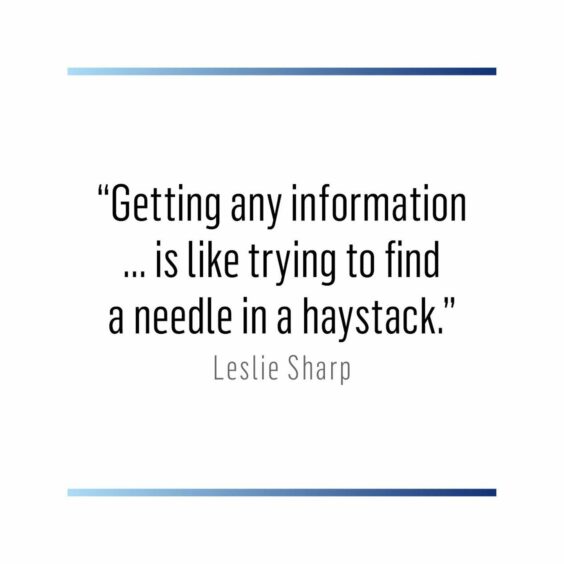
But throughout this series, the clear message from families across the north-east is: we are not supported.
Scottish Government policy is to educate children with ASN in mainstream schools, wherever possible. Across Scotland, the number of special schools has decreased from 192 in 2004 to 111 in 2021.
Yet to thrive in mainstream, vulnerable pupils need extra support services, dedicated facilities, safe spaces and help from fully-trained staff.
Their families need access to financial aid, counselling, support networks and respite care.
Instead, many feel they have been left to fend for themselves.
Service provision is patchy at best.
“Demand for respite is huge; the strain that’s placed on the family unit is huge,” says Julie O’Donnell, whose charity LOVE provides support services in schools.
Julie says the entire system is pushed to breaking point.
“Excluding kids from school is a thing of the past, and that’s a positive,” she says. “The goal is inclusion in mainstream with additional support. But is that the reality? A third of children now have additional support needs, but the number of ASN teachers is at an all-time low.
“Autistic pupils in particular need routine and structure, and that means specific changes and tailored support in the classroom.”
Without that, inclusion simply rings of an empty promise.
Useful links:
Scottish Autism
National Autistic Society Scotland
Govan Law Centre
Read more from our autism investigation
The legal plan your autistic child needs – and why you probably don’t have it
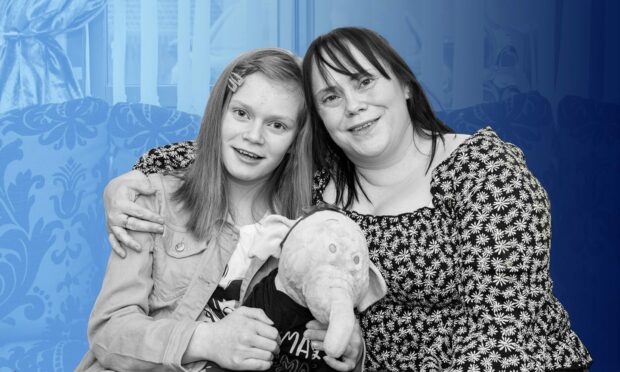
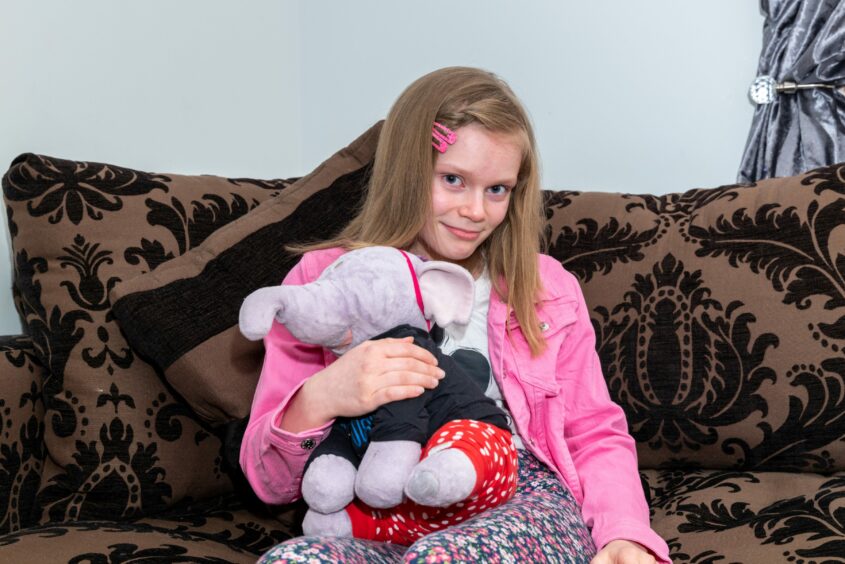
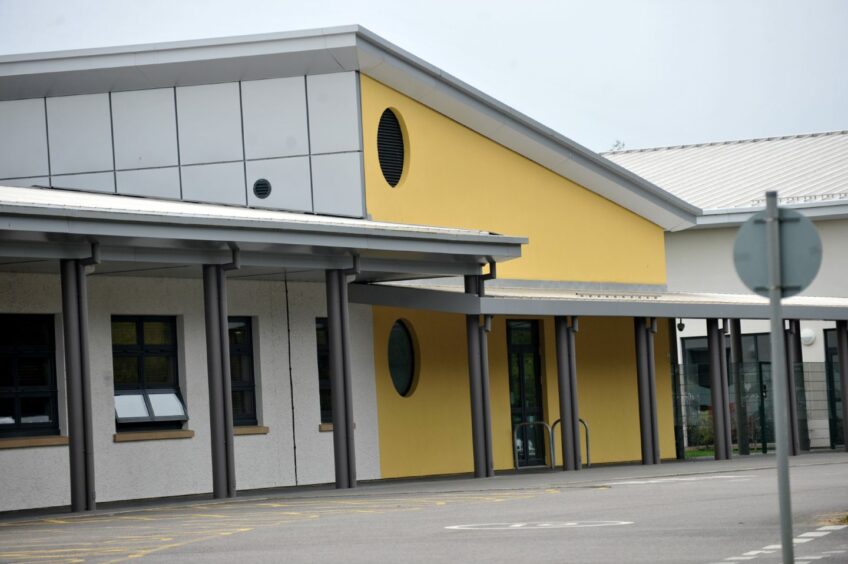
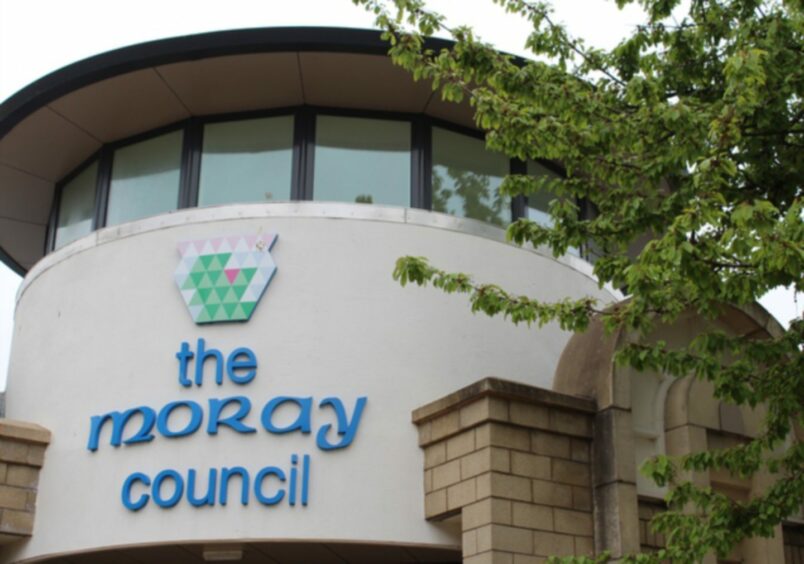


Conversation